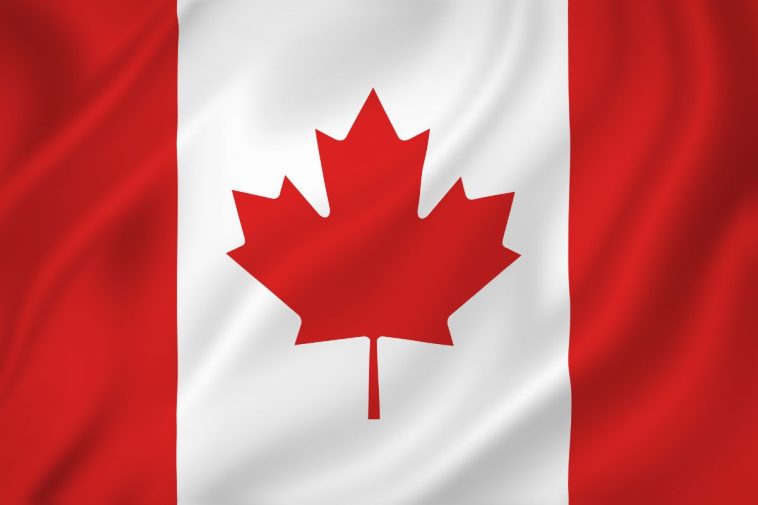Alright, let’s dive into the somewhat baffling world of Canadian legislation and meet the not-so-typical Apology Act (Bill 108, 2009). This curious piece of law came from the somewhat predictable province of Ontario, a place that seems to love saying “sorry” a touch more than the rest of us.
Endowed with the royal thumbs-up on April 23, 2009, this act boldly redefined how apologies were handled in the legal arena and just about everywhere else you might say “sorry” without really meaning it.
The Apology Act’s journey started in April 2008, thanks to David Orazietti, a backbench Member of Provincial Parliament (MPP) with apparently too much free time on his hands. Attorney General Chris Bentley then came along to relaunch the bill in October, effectively reminding everyone why lawyers are never invited to parties. Mind you, this law has some exceptions. Some apologies, especially those made during civil proceedings, can be treated as admissions of guilt. So, be careful what you apologize for.
The act handily defines an apology as, wait for it, “an expression of sympathy or regret, a statement that a person is sorry or any other words or actions indicating contrition or commiseration.” And here’s the kicker—it doesn’t matter whether you’re actually admitting fault or not. It’s like saying “I’m sorry for being too handsome” without admitting that you are, in fact, devastatingly good-looking.
The standout feature of this law, and trust me, there’s competition, is that an apology doesn’t automatically mean you’re guilty. It’s like dropping a vase in a china shop and saying, “Oops, sorry” without needing to worry about paying for it. Even insurance companies can’t use your apology as a reason to deny coverage. They’ll need to find another excuse, unfortunately.
In the healthcare sector, which, let’s face it, sees more than its fair share of “oops” moments, this law has been a game-changer. By reducing the fear of legal backlash, healthcare professionals can now apologize without feeling like they’re on trial, promoting better communication and openness.
But the fun doesn’t stop in Ontario. This trend of apology legislation has made its way across the Canadian landscape, reaching eight provinces and two territories. The aim is to stop apologies from becoming guilty pleas, thus encouraging everyone to communicate better and maybe save a few legal fees in the process.
So there you have it. The Apology Act of 2009 was a unique twist in Canadian law, shifting how we understand and use apologies in legal and social settings. And thus, “sorry” became a complex yet powerful word. What a time to be Canadian, eh?




